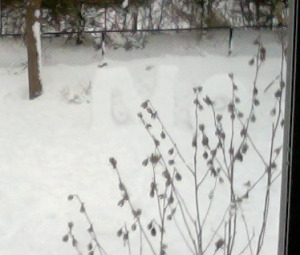They are my storage heroes.
They come in many different sizes, with weight and volume listed on their sides – cups, ounces, and milliliters all marked with raised dashes that can be felt as well as seen. Beyond their original canning purpose, they are freezer, fridge, microwave, and oven proof. They don’t break easily. They are inexpensive to buy in bulk, and free to anyone who buys Classico pasta sauce. There are multiple lids that make it easy to use them for spill-proof drinking glasses, tea light candle holders, and flower vases. Right now, I have a dozen storing pasta and dried beans, still more keeping herbs and spice mixtures fresh. Several are in the fridge, filled with salad dressings and leftovers (cut onions and their aroma are both easily contained in one). Mason jars are our drinking glasses, too.
In addition, Mason jars remind me of some important things:
- Life is richer and more joyful when I am able to adapt to a variety of tasks and contexts.
- Value isn’t measured solely by a price tag.
- the inner life will reveal its beauty – no need for disguises or fancy coverings.
- None of us was put here for only one purpose. [Thank you, John Landis Mason, for your inventiveness. You make my life and the life of the world so much better for the jars and lids you created.]



